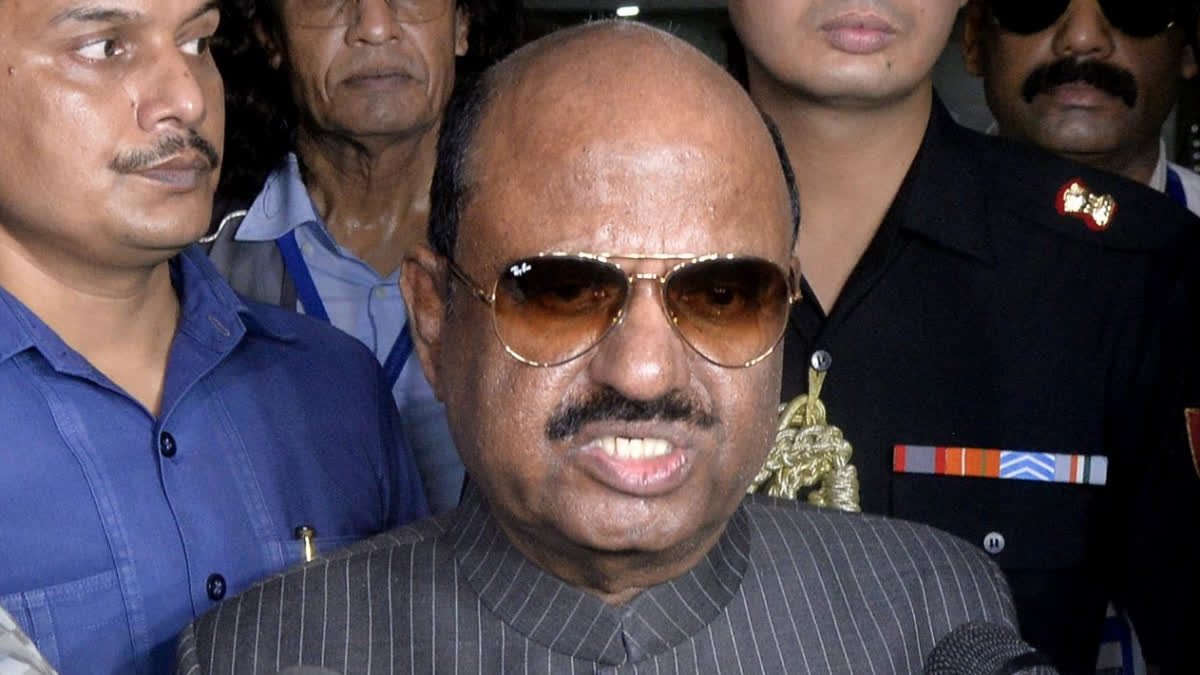New Delhi: A woman employee of West Bengal Raj Bhavan has moved the Supreme Court against West Bengal Governor CV Ananda Bose alleging sexual advances/harassment made by the Governor after her plea was denied due to the constitutional immunity granted to the Governor.
The petitioner said she is moving the apex court invoking its extraordinary jurisdiction under Article 32 of the Constitution as she is aggrieved by the sexual advances/harassment made by the Governor of West Bengal on the premises of Raj Bhavan. The plea contended that due to the blanket immunity bestowed under Article 361 of the Constitution, the petitioner is left 'remediless', and therefore she is constrained to approach the apex court directly.
According to Article 361 (2) of the Constitution, no criminal proceedings can be instituted or continued against the President, or the Governor of a state, in any court during their term of office.
Citing Article 361, the plea contended that such powers cannot be understood to be absolute so as to enable the Governor to do acts which are illegal or which strike at the root of Part III of the Constitution. The plea said the immunity cannot impair the police’s powers to investigate the offence or even naming the perpetrator in the complaint/FIR, despite specific averments to that effect.
The petitioner urged the apex court to frame guidelines and qualification to the extent of the immunity given under Article 361 can be exercised by the office of Governor. "The Petitioner in fact, also wrote a complaint to Raj Bhavan highlighting her grievances only to be subjected to humiliation in the form of inaction by concerned authorities, and being made a mockery of in the media and termed as a political tool, without any safeguards for her self-respect", said the plea.
The plea said it is most respectfully submitted that no person is above the law and under the garb of the constitutional immunity, the Governor is by no means permitted to act inappropriately and inflict gender violence when every other citizen of the country is prohibited to do the same, and which directly impinges on the fundamental rights guaranteed to every individual including the petitioner herein under the Constitution.
“Making the petitioner, a victim in the present matter a liar, while ensuring that the accused/Hon’ble Governor, proceeds to himself give his own self a clean chit. Such unfettered exercise of power shall set a wrong precedence leaving sexual victims remediless which shall be in complete violation of the constitutional scheme”, said the plea.
The plea said the immunity under Article 361 (1) of the Constitution does not take away the power of the apex court to examine the validity of the action including on the ground of ‘malafides’. “Therefore, considering the interpretation of Article 361 of the Constitution with respect to civil immunity and its limitations, an analogy can also be drawn so as to interpret the criminal immunity, under the said Article (361)”, it added.



